Introduction
Listing a property for sale is a significant undertaking that requires careful preparation and documentation. To ensure a smooth and successful property listing process in 2023, it is essential to gather and organize the necessary documents. In this comprehensive article, we will provide a detailed list of documents needed for property listing. These documents serve as crucial evidence of ownership, property details, disclosures, and legal compliance. By having all the required paperwork ready, sellers can present their property in the best possible light, attract potential buyers, and facilitate a seamless transaction.
Proof of Ownership
One of the fundamental documents needed for property listing is proof of ownership. This can include a copy of the deed, title insurance policy, or other documentation that establishes the seller’s legal ownership of the property. These documents provide assurance to potential buyers and their representatives that the seller has the right to sell the property.
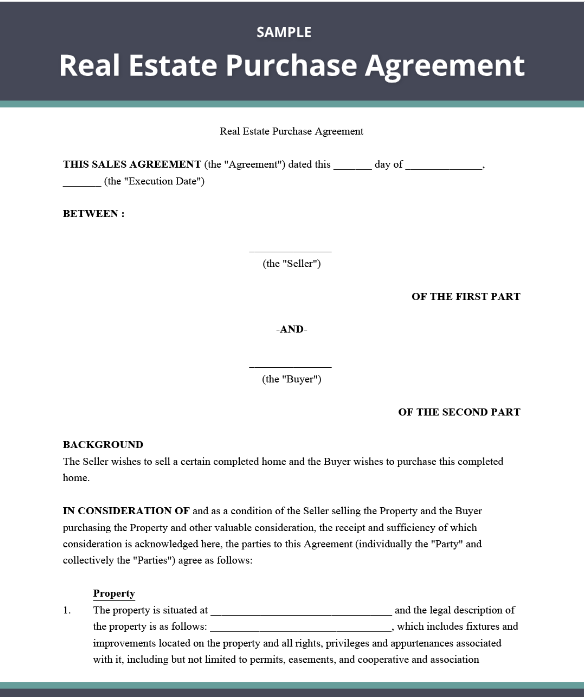
Property Information and Disclosures
Provide comprehensive information about the property, including its physical characteristics, amenities, and any improvements or renovations made. Prepare a list of features, such as the number of bedrooms and bathrooms, square footage, lot size, and any notable architectural or design elements. Additionally, disclose any known issues or defects, such as structural problems, water damage, or environmental hazards. Disclosure forms specific to your region or state may be required, covering aspects like lead-based paint, radon, or other environmental concerns.
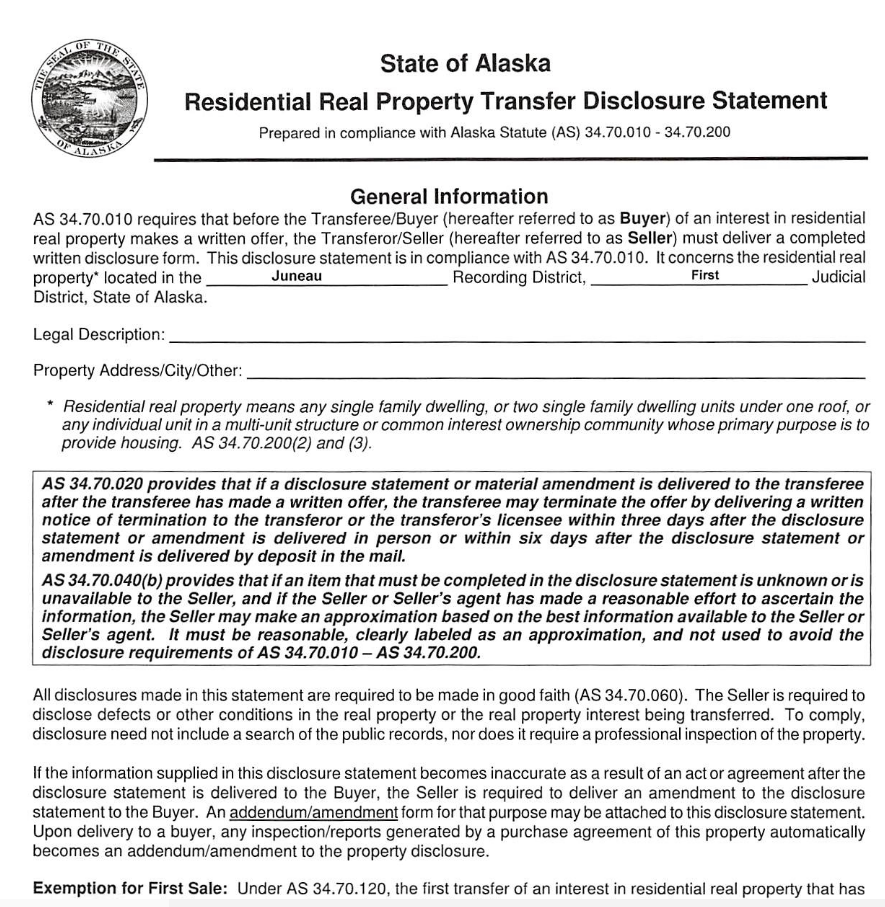
Property Survey
Include a copy of a property survey if available. This document outlines the boundaries, dimensions, and layout of the property. It helps potential buyers understand the property’s layout and can be useful for various purposes, such as identifying easements, encroachments, or other boundary-related matters.
Homeowners Association (HOA) Documents
If the property is part of a homeowners association, gather relevant HOA documents. This includes the HOA bylaws, rules and regulations, financial statements, meeting minutes, and any ongoing or upcoming special assessments. Providing these documents allows potential buyers to familiarize themselves with the HOA’s policies and financial health, ensuring transparency and avoiding surprises later in the transaction.
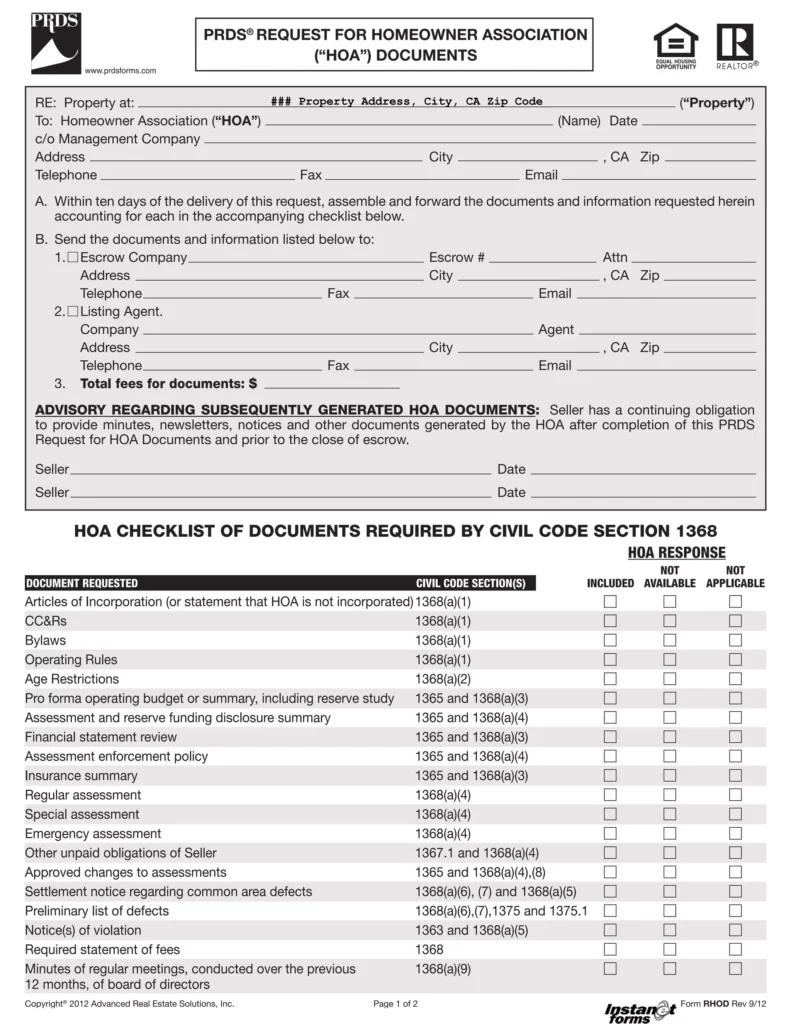
Property Tax Information
Compile recent property tax statements to provide buyers with an understanding of the property’s tax history and current obligations. This includes information on assessed value, exemptions, and any outstanding tax payments. Property tax information is important for buyers to estimate ongoing tax expenses and evaluate the overall affordability of the property.
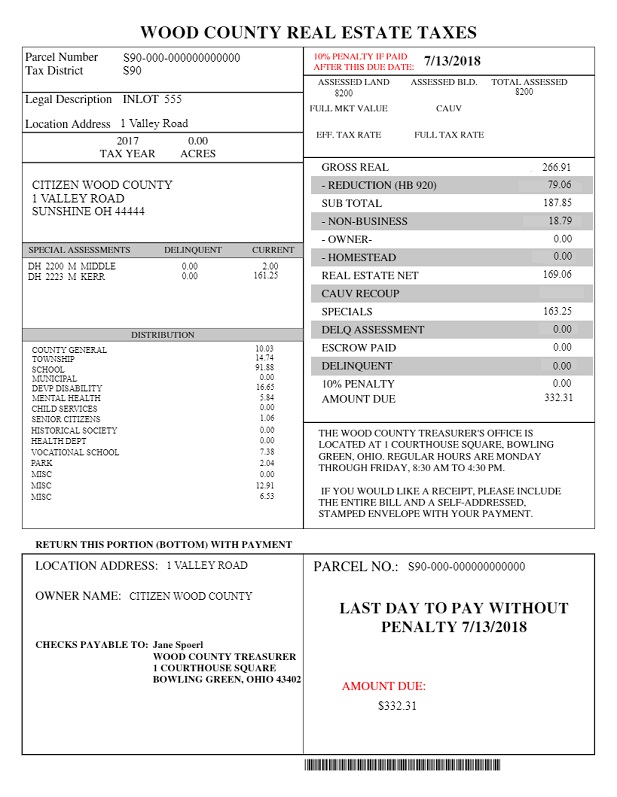
Home Warranty Information
If the property has an active home warranty, gather the relevant documents and warranty information. This can be an added selling point for potential buyers, assuring them of potential coverage for certain appliances, systems, or repairs. Include details about the warranty provider, coverage duration, and any applicable terms and conditions.
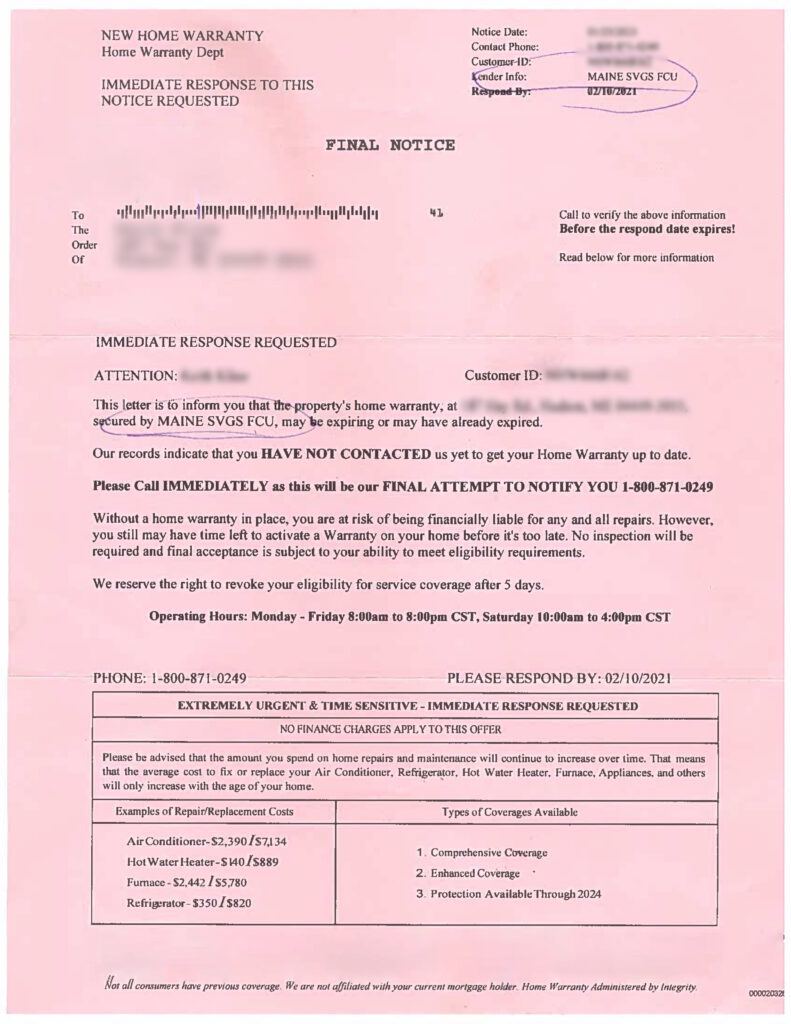
Mortgage Information
For sellers with an existing mortgage on the property, gather relevant mortgage information. This includes the lender’s contact information, loan account number, and any relevant loan documents. Providing this information upfront can help facilitate a smoother transaction by allowing potential buyers to assess assumptions or assumptions transferability, if applicable.
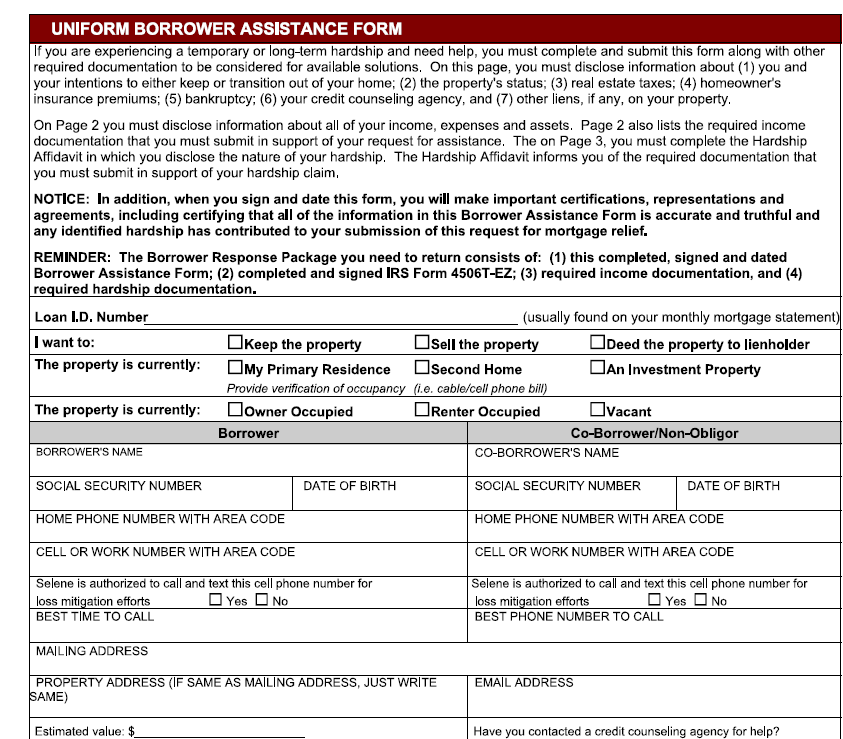
Utility and Maintenance Records
Compile records of utility bills and maintenance history for the property. This includes electricity, water, gas, and any other relevant utility bills. Providing maintenance records, such as receipts or invoices for repairs or upgrades, showcases the property’s upkeep and can give potential buyers confidence in its condition and maintenance history.
Home Inspection Reports
If the property has undergone a recent home inspection, include the inspection report. This document provides a detailed assessment of the property’s condition, highlighting any issues or areas that require attention. Sharing the inspection report with potential buyers demonstrates transparency and allows them to make informed decisions. If there were any repairs or improvements made as a result of the inspection, include documentation of those as well.
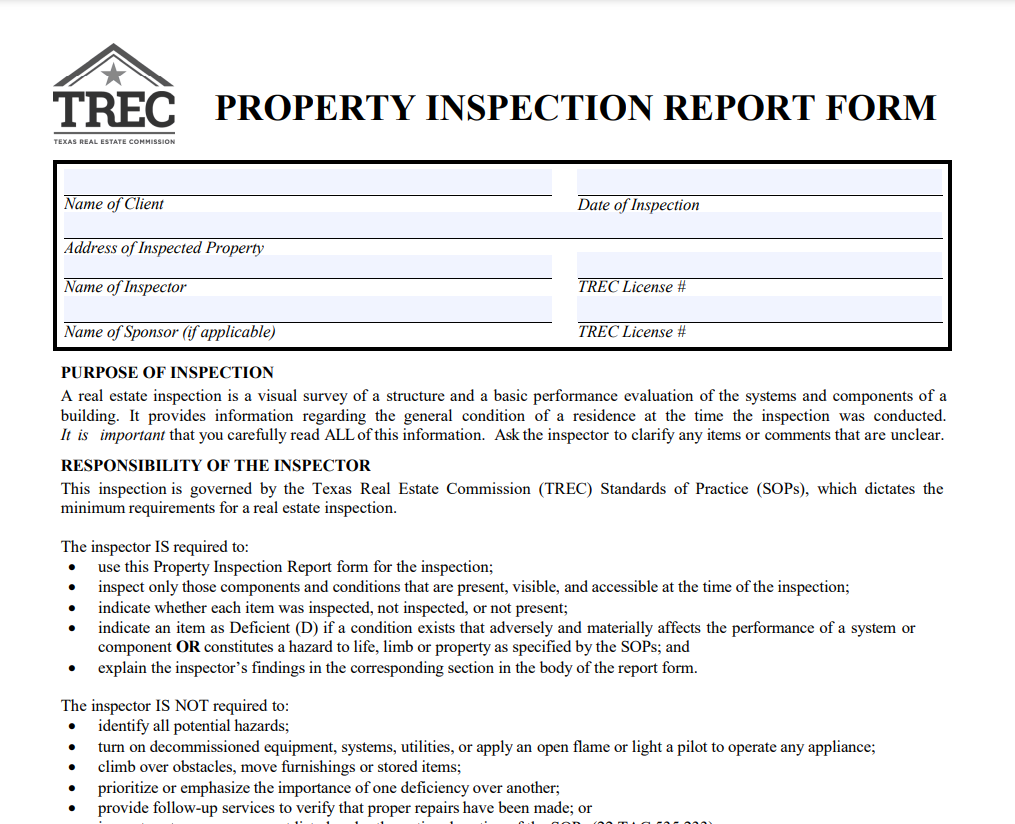
Energy Efficiency Certifications
If the property has undergone energy efficiency upgrades or has any certifications such as ENERGY STAR, LEED, or other green building certifications, gather the relevant documentation. This includes certificates, ratings, and any associated energy efficiency reports. Energy efficiency certifications can be attractive to environmentally conscious buyers and may contribute to the overall value of the property.
Legal and Financial Documents
Gather any additional legal and financial documents that may be relevant to the property. This includes property insurance policies, warranties, contracts, and any pending or resolved legal matters related to the property, such as lawsuits or liens. Providing these documents ensures transparency and helps potential buyers understand the property’s legal and financial status.
Photography and Marketing Materials
While not strictly a document, high-quality photographs and marketing materials are essential for effective property listing. Prepare professional photographs that showcase the property’s key features and create visually appealing marketing materials such as brochures or virtual tours. These materials are vital for attracting potential buyers and generating interest in the property.
Conclusion
When preparing to list a property for sale in 2023, having the necessary documents in order is crucial for a successful and smooth transaction. By gathering and organizing proof of ownership, property information, disclosures, surveys, HOA documents, tax information, mortgage details, utility records, inspection reports, energy efficiency certifications, legal and financial documents, as well as compelling marketing materials, sellers can present their property in the best possible light. This not only helps attract potential buyers but also facilitates a transparent and efficient transaction process. By being prepared and providing comprehensive documentation, sellers can instill confidence in buyers and create a solid foundation for a successful property listing experience.


